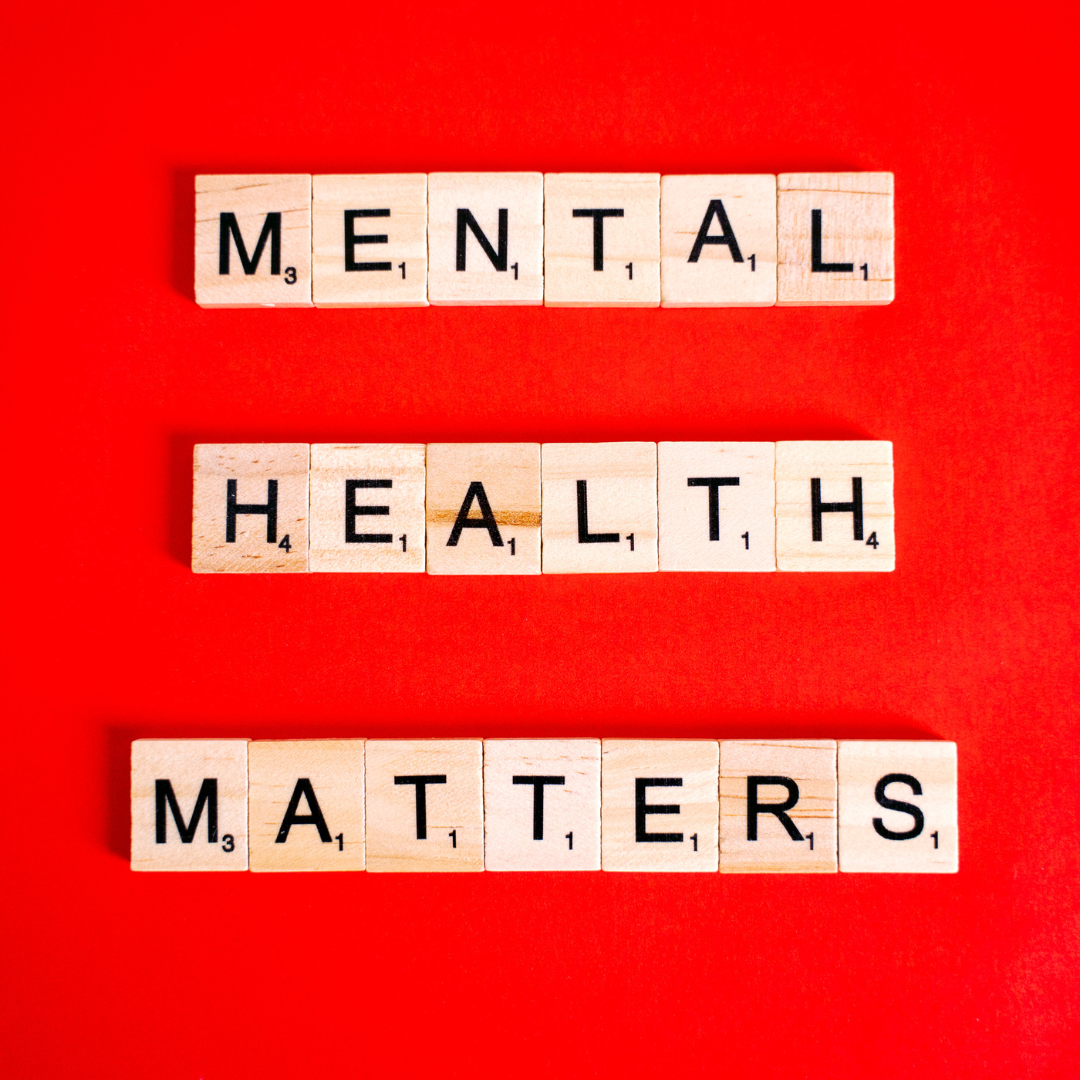Wellness: What Is Mental Health?
Mental health is an umbrella term that refers to the state of mind and emotional well-being of an individual. It can be affected by a variety of factors, including environment, genetics, and lifestyle. In this blog post, we will explore what mental health is and its various definitions. We will also discuss the various types of mental health disorders, their causes, and the steps you can take to improve your wellbeing.
What Is Mental Health?
Mental health refers to the state of mind or emotions that a person experiences. It can be affected by physical wellness and emotional factors, and can result in problems such as anxiety, depression, and stress. Mental health is important because it affects how people think, feel, and behave.
Mental wellness health can be improved through treatments such as therapy, medication, and self-care. Some people may require more than one type of treatment to achieve a good outcome. Mental health is not a problem that you just get ove, it’s something that you work on every day.
Types Of Mental Wellness Illness
Mental illness is a broad term that refers to a wide range of conditions that affect the mind. These conditions can involve problems with mood, thoughts, feelings, or behavior. They can also impact physical health, social life, and overall functioning.
There are many different types of mental illnesses, but they all share some common features. Mental illnesses usually occur in people who are vulnerable because of factors like genetics or environment. They can be difficult to diagnose and treat because they often have unique symptoms that vary from person to person.
Some common mental illnesses include:
Depression
A mood disorder characterized by persistent sadness and decreased interest in activities that used to bring pleasure. Depression can lead to a number of other health problems such as weight gain, poor sleep, and risky behaviors. Consulting a mental health professional is very important if you suffer from depression, as is trying a number of remedies to improve your overall mood at times. This may include talking to friends and family, reducing stress triggers, and more. Some people may also be recommended to try medication or alternate remedies found here and at other similar places on the web or in real life. Depression should be treated and managed before it becomes a severely crippling problem, as it can have catastrophic results.
Anxiety
This entails a continual sense of apprehension regarding commonplace situations. Individuals afflicted by this condition may encounter severe panic attacks, rapid heartbeats, or breathing difficulties. Alongside physical exercise, engaging in diverse activities and maintaining a bustling daily schedule, while also contemplating the use of natural supplements like THCa Flower Tennessee (or similar products in other locations), can offer advantages in the effective management of anxiety.
Schizophrenia
A severe mental illness marked by changes in thinking, communication, and behavior. People with schizophrenia may hear voices or auditory hallucinations or see things that are not there or called visual hallucinations. They may also have trouble managing their emotions or social interactions.
Causes of Mental Illnesses
There is not one cause of mental illness. But research suggests that mental disorders are caused by a combination of genes and environment. Some things that may increase your risk for developing a mental illness include being born into a family with a history of the condition, experiencing abuse or trauma as a child, having low IQ or poor school performance, being in a stressful situation such as war or poverty, and having two or more chronic mental health conditions.
No one knows what causes every mental illness. But scientists have identified some factors that seem to be linked to the development of these conditions. These include:
Genetics
Some people are more likely to develop certain mental illnesses because they have genetic factors that make them more susceptible.
Biological factors
Mental disorders can be caused by changes in the brain or body that occur before birth or during early life development.
Social environment
The way we live our lives, including our relationships, environments, and experiences can influence how we develop and respond to mental disorders.
Symptoms of Mental Illnesses
Some symptoms that may suggest that someone is struggling with mental health issues include: feeling overwhelmed or stressed most of the time, having trouble concentrating or making decisions; experiencing mood swings; feeling irritable or angry for no reason; sleeping too much or not getting enough sleep; avoiding social activities out of fear that they will be embarrassed or judged; self-harming behaviors such as cutting, burning oneself, thoughts about suicide or death. If you are worried that one of these symptoms may be affecting your wellbeing, it is important to speak with a healthcare provider.
Treatments for Mental Illnesses
There are a variety of treatments available for mental illnesses, depending on the type and severity of the condition. Some treatments focus on relieving symptoms, while others aim to improve overall health and well-being.
Therapy is a widely used and highly valued approach for addressing mental health issues. Therapists play a crucial role in educating individuals about their condition and its impact on their daily lives. They offer essential support throughout the treatment process and even after recovery. Therapy can take various forms, including one-on-one options like neurofeedback therapy, or group settings like cognitive-behavioral therapy (CBT). Both approaches serve as effective tools for promoting mental well-being.
Medication is the next common treatment for mental illnesses. Depending on the condition, medications may be used to manage symptoms or to improve overall health. Common medications used to treat mental illness include antidepressants, antipsychotics, and mood stabilizers. Many people find that taking medication regularly helps relieve their symptoms and improves their quality of life.
Self-care is another important part of treatment for mental illness. People with mental illnesses often experience stress and anxiety which can lead to feelings of sadness, loneliness, and emptiness. Self-care techniques can help ease these feelings and improve overall wellbeing
This could include engaging in various activities that bring you joy, such as unwinding on the weekends while savoring CBD gummies from a dispensary big bear or immersing yourself in nature through activities like hiking if that brings you solace. Prioritizing quality time for yourself and indulging in hobbies and interests is crucial for reducing stress levels and introducing balance into your life. Taking care of your physical health, including regular exercise, a balanced diet, and sufficient sleep, forms a fundamental component of self-care for mental well-being.
Furthermore, having a good support system is important during the treatment of mental illnesses. Surrounding yourself with understanding and empathetic individuals, whether they are friends, family, or support groups, significantly contributes to overall mental health. Open communication and sharing your experiences with trusted individuals can create a network of support that plays a vital role in your journey toward recovery.
In conclusion, a holistic approach to treating mental illnesses incorporates a combination of therapy, medication, self-care practices, and a strong support system. Finding a personalized combination that works for you is key to managing symptoms and fostering long-term mental well-being.



